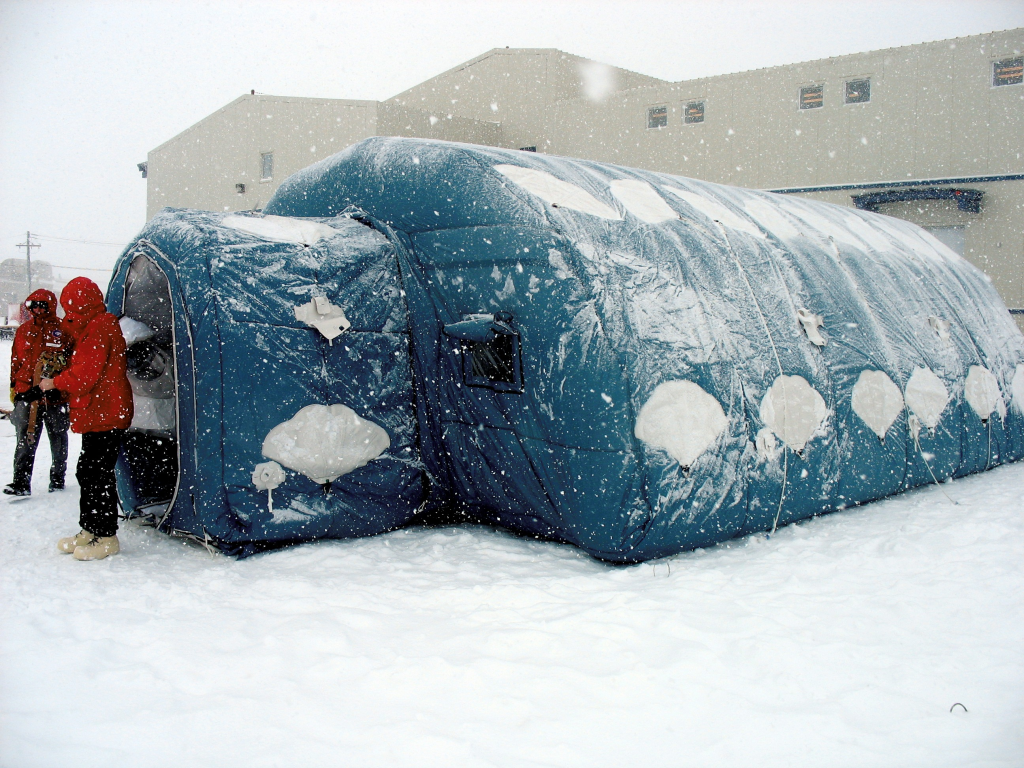Antarctica are ripe for psychological studies to help guide future astronauts on deep space missions to destinations such as Mars. On a journey to Mars, crews will travel in a small vessel for months with little to see along the way. Similarly, wintering in Antarctica means no sun and no way to leave the continent for months. Two studies currently underway are investigating team dynamics in the isolated environment of such a remote outpost.
NASA’s Human Research Program works to understand the behavioral health implications of long-duration space missions, and some of that research takes place in analogs. An analog is a research environment used by scientists to study the physical and mental effects of being in space by partially mimicking those conditions here on Earth.
“One of the things we know from analogs is that the social relations people form is an important predictor to how well they can complete tasks together,” said Leslie DeChurch, Ph.D., an analog researcher and professor of communications and psychology at Northwestern University.
DeChurch’s study, titled Shared Cognitive Architectures for Long-term Exploration (SCALE), is exploring how social relations and team cognition are affected by isolation and confinement. This research may help enable teams to maintain and improve recall of shared knowledge and have a better understanding of the consequences of poor team performance.
